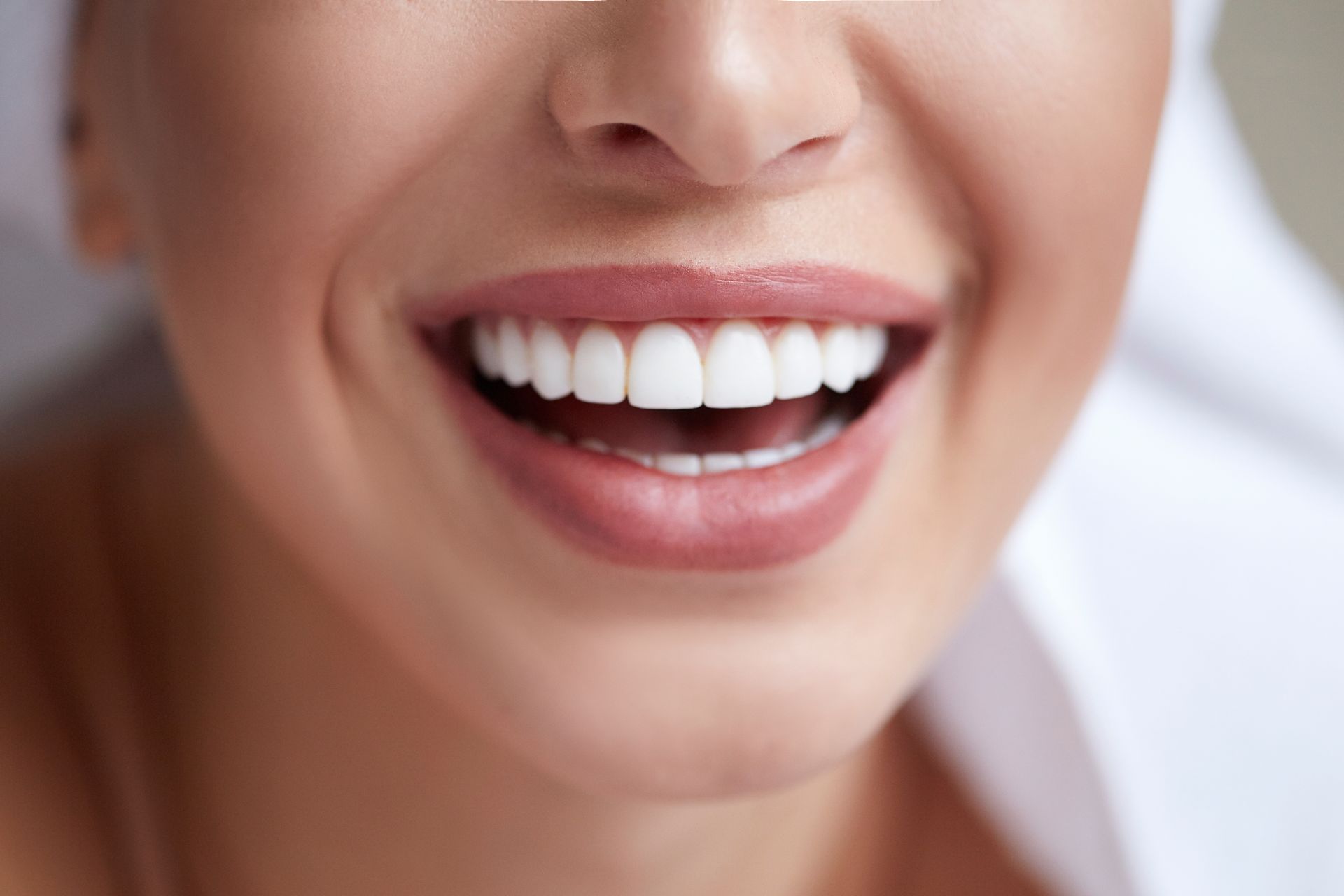Tooth Erosion Facts
The facts about tooth erosion
Tooth erosion is when acid wears away at the hard part of your teeth, which is called enamel. On a daily basis, many people consume carbonated beverages, fruit juice and highly acidic foods without knowing what it might be doing to their teeth. The acid in the foods we eat and drink can wear away tooth enamel leaving teeth sensitive, cracked and discoloured.
Sources of Acid:
> Carbonated drinks. All "Fizzy" drinks, including soda (even diet soda) contain a lot of acid and can dissolve your enamel very quickly. Drinking larger amounts, or holding it in your mouth for longer periods can cause more damage to your teeth.
> Pure fruit juice.
> Bulimia and acid reflux. Both conditions can severely damage your teeth due to the pH level of stomach acids.
Signs of Tooth Erosion:
> Sensitivity. You may feel sensitivity to hot, cold, or sweet foods and drinks as tooth erosion wears away the protective enamel.
> Discolouration. Dentin lies underneath the enamel. As the enamel wears away more dentin is exposed, causing the teeth to appear more yellow.
> Rounded Teeth.
> Transparency. The biting edges of your front teeth may appear to be slightly more transparent.
> Cracks. Small cracks and roughness may appear at the edges of teeth.
> Cupping. Small dents may appear on the biting surfaces of your teeth. Fillings may also appear to be rising out of the top of the tooth.
Prevention:
Since there are so many different sources of tooth erosion, talk to your dentist about your habits so that a prevention plan can be determined that is specifically designed for you.
Here are some general things you can do to protect your teeth:
> Substitute water or milk for your usual carbonated drink.
> If drinking acidic drinks, drink quickly and use a straw so that the liquid is pushed to the back of the mouth. Refrain from swishing or holding the drink in your mouth for long periods.
> Rinse with water after consuming high-acid food or drinks. This will neutralize the acids. Wait at least one hour before brushing your teeth.
> Chew sugar-free gum to produce more saliva so that your teeth can remineralize.
> Brush with a soft toothbrush and be sure that your toothpaste contains a high amount of fluoride.
> Using fluoride and brushing with a specially formulated sensitivity toothpaste can reduce sensitivity.
(AGD Impact September 2007 Page 61)






